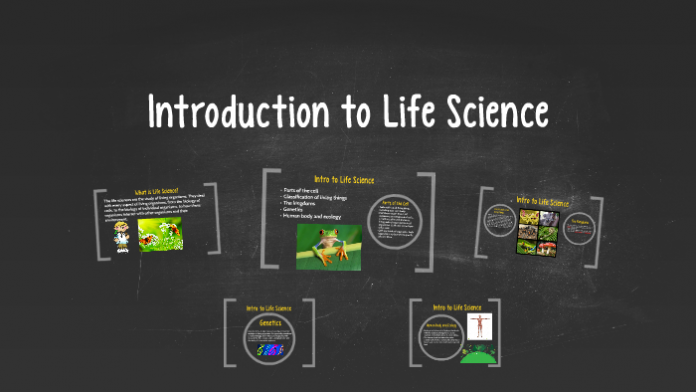What Is Life Science?
Life science is the study of all aspects of life, from single cells to ecosystems. Scientists in this field explore everything from the genetic code that makes organisms alive to the chemical reactions that sustain life. They also study how living things interact with their environment and each other, in order to improve human health and wellbeing.
What Does It Mean to Be a Scientist?
Scientific inquiry is the process of systematically seeking out new knowledge. Scientists are curious and dedicated to learning, and they use their knowledge to solve problems and advance society. To be a scientist, you need to have a strong understanding of the natural world, as well as the skills needed to carry out scientific investigations. Here are some of the essential characteristics of a scientist:
• Curiosity: Scientists are constantly asking questions and looking for ways to learn more about the world around them.
• Dedication: Scientists are willing to put in long hours of hard work in order to advance their field.
• Problem-solving skills: Scientists are able to come up with creative solutions to complex problems.
• Knowledge of science: Scientists must have a strong understanding of the principles behind scientific discoveries.
What Is the Difference Between Biology and Chemistry?
Biology is the study of life and the biological sciences. These include zoology, botany, physiology, genetics, and neuroscience. Chemistry is the study of matter and its interactions with energy. It includes physics, chemistry, and materials science.
How Do You Know When Scientists Are Wrong?
One of the biggest challenges in life science is knowing when scientists are wrong. It can be difficult to tell when their data or experiments are flawed, and sometimes it can be hard to determine whether a hypothesis is true or not. But there are some indicators that can help us figure out when scientists might be wrong.
In this post, we’ll explore why scientists are sometimes wrong, and how you can tell when they are. We’ll also look at some ways to avoid making scientific mistakes yourself.
Science is a process of exploring the natural world and trying to understand its workings. Scientists use observations and experiments to make deductions about the world around them, which they then test through further experimentation. Sometimes, their conclusions may be incorrect – but that doesn’t mean they’re always wrong.
In fact, scientists can be right about some things and wrong about others. And it’s not just individual scientists who can be wrong – entire fields of science can go astray, too!
Why Do Scientists Get It Wrong?
There are lots of reasons why scientists might get something wrong, but here we’ll focus on four main reasons: misinterpretation of data, faulty theories, failure to take other factors into account, and bias.
Misinterpretation of Data: One common problem with science is that scientists can misinterpret data – that is, they can mistake what they see for reality. This can happen when scientists don’t properly control for variables in their experiments or when
Conclusion
If you’re looking to get a career in life science, you’ll need to be well-versed in biology and chemistry. Furthermore, you’ll need strong problem-solving skills and the ability to work independently. Finally, it’s important to have an interest in the field, as many jobs in life science require at least some degree of scientific knowledge. If this sounds like something you would be interested in, here are some resources that can help get you started:

